It seems to be very difficult to find quality documentation on the topic of Gtkmm.
Is there good documentation for Gtkmm? If so, where can I find it?
Documentation is certainly not a strength of Gtkmm. Moreover, the Gtkmm API has suffered a lot of changes from one version to another, some of which are not backward compatible. However, there are some sources of information worth knowing about.
Available here.
As the web page explains:
This book explains key concepts of the gtkmm C++ API for creating user interfaces. It also introduces the main user interface elements ("widgets").
So this is an interesting introduction. Also, the link provided above provides many copies of the book. So you can read it for Gtkmm version 2.20.1 as well as for version 4.0.1 (and other versions as well). This can be very useful.
Available here.
As the web page explains:
gtkmm is the official C++ interface for the popular GUI library GTK+. Highlights include typesafe callbacks, and a comprehensive set of widgets that are easily extensible via inheritance.
This is the Gtkmm API documentation. It basically looks like a Doxygen documentation for Gtkmm. It can be very useful, but is often incomplete. As with the Programming with Gtkmm page, it provides API documentation for many versions. This can be very useful when you get API compatibility problems (e.g. A method seems to no longer exist in a newer version). Do not neglect the "Related Pages" page, which can be interesting to have a quick overview of the new stuff for a particular version.
This documentation is also available offline, using DevHelp. See this SO answer on how to install it. Note that the offline version, however, offers a single version (you cannot browse across versions).
Available here.
As explained in the repository:
These are C++ versions of the C demos that are distributed with gtk+. You will probably find that they are easier to understand, because C++ allows much clearer organisation and reuse of code. The gtk-demo contains multiple demos of functionality and APIs that are new in gtk+3.0, and it shows the source code of the demos it is running.
These are Gtkmm examples available in the official Gtkmm repository. They can be downloaded, compiled, and played with, which is very cool. Furthermore, these demos are maintained, which means that they evolve with the Gtkmm versions. This is very useful, since you can go back in time with the repository and play with different API versions. This has saved me a couple times since I needed to use an older API version and found the current API was completely different.
If you do not want to compile them and you have Gtkmm installed, you can also run
gtk3-demo
to launch the demos for your installed Gtkmm version:

Available here.
This mailing-list is about both the use and development of gtkmm the C++ bindings to GTK+
I have found some answers in there as well for some specific problems. However, using it directly is rather hard because there is nothing in there to help search specific topics. Most answer I found were the results of Google searches, pointing to some elements of the mailing list.
Gtkmm is essentially a C++ wrapper around GTK+ (GTK). This means that the GTK+ documentation can also be useful. I often, for example, use the Widget Gallery for Gtk3 and the Widget Gallery for Gtk4 to look at what widgets are available and how they look.
Not that some other wrappers like PyGTK can also be of help. In my experience, however, they are less interesting than the Gtk+ documentation.
Some other web resources are also useful. Here a quick list:
gtkmm and gtkmm tags on SO, but also the gtk and gtk3 tags.Here some youtube playlists: